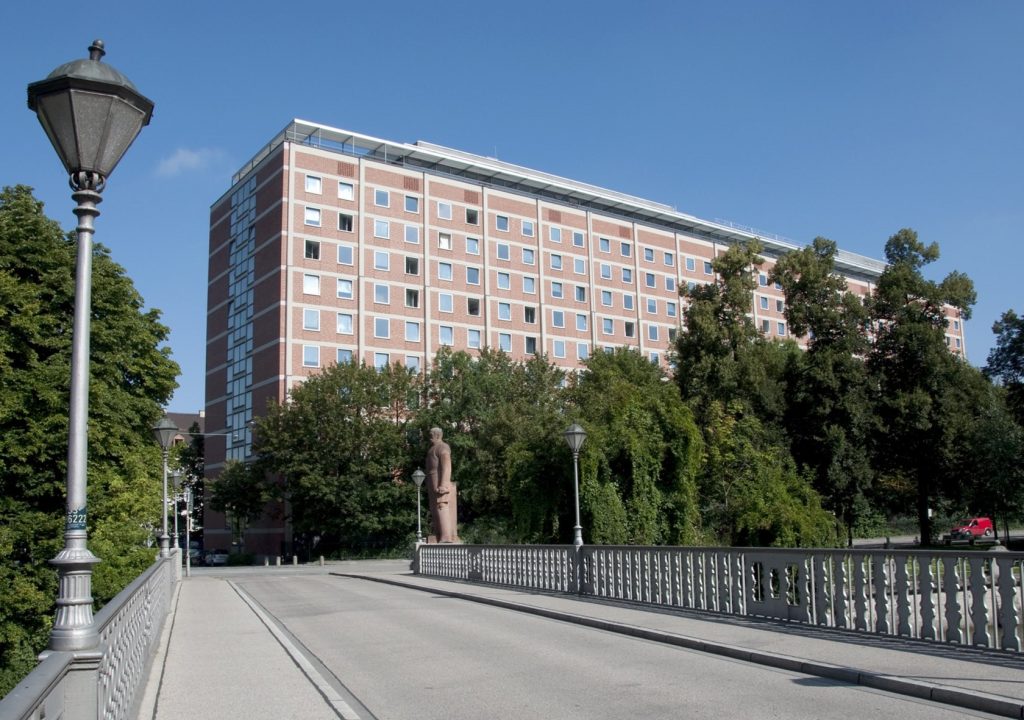In the course of the German Trademark Law Modernization Act (Markenrechtsmodernisierungsgesetz, short: MaMoG), a number of amendments to the German trade mark law have come into force on January 14, 2019.
As the MaMoG implements an EU trade mark directive from 2015 in Germany, many of the changes made are already known from the EUIPO procedure for Union trade marks. This results in a harmonization with Union trade mark law and thus simplifies the application of the law.
Information on the other changes that have resulted from the MaMoG can be found in our article „Trade Mark Law Modernization Act – the most important amendments“.
Up to 30.04.2020, a registered German trademark could only be attacked, if the opposition deadline had been missed, by filing an action before the ordinary Regional Courts on the basis of relative grounds for refusal of protection (collision with earlier rights). Official proceedings existed only for an attack based on absolute grounds for refusal (e.g. lack of distinctivemess, descriptive terms that must be kept freely available) or revocation (e.g. lack of use). Moreover, official proceedings for revocation only preceded and in many cases also led to proceedings before the Regional Court.
On 01.05.2020, a further part of the MaMoG has been come into force establishing new revocation and invalidity proceedings. As a result of this restructuring, it is now also possible to attack a registered German trade mark (or a German part of an international registration) on the basis of revocation grounds (like non use) or on the basis of one’s own earlier rights (e.g. earlier trade mark, work titles and company signs) in official proceedings before the German Patent and Trademark Office (DPMA).
The fact that this new revocation and invalidity proceeding will only enter into force more than one year after the other amendments is due to the fact that extensive technical and personnel preparations were necessary for its implementation at the DPMA.
However, there is still the option to file an action for cancellation or revocation before the ordinary courts (Regional Courts).
Thus, one has the choice which way to go in case of a trade mark cancellation. When choosing the right strategy, various aspects have to be weighed up. For example, one advantage in official proceedings before the DPMA is certainly the lower costs and the lower risk, since, unlike in proceedings before the Regional Courts, the costs are usually not imposed on the losing party.
However, if there are good prospects of successful cancellation, legal proceedings would be preferable, since before the ordinary courts the losing party will bear the costs and, moreover, at the DPMA the proceedings are expected to take longer than in court. Furthermore, the ordinary courts have one more appeal (Regional Court – Higher Regional Court – Federal Court of Justice (BGH)) than official proceedings (DPMA – Federal Patent Court (BPatG) – way to the BGH only in exceptional cases).
Further information can be found under:
https://www.dpma.de/english/our_office/publications/background/reformofeuropeantrademarklaw/revocationproceedings/index.html.
Please contact us if you have any further questions.
